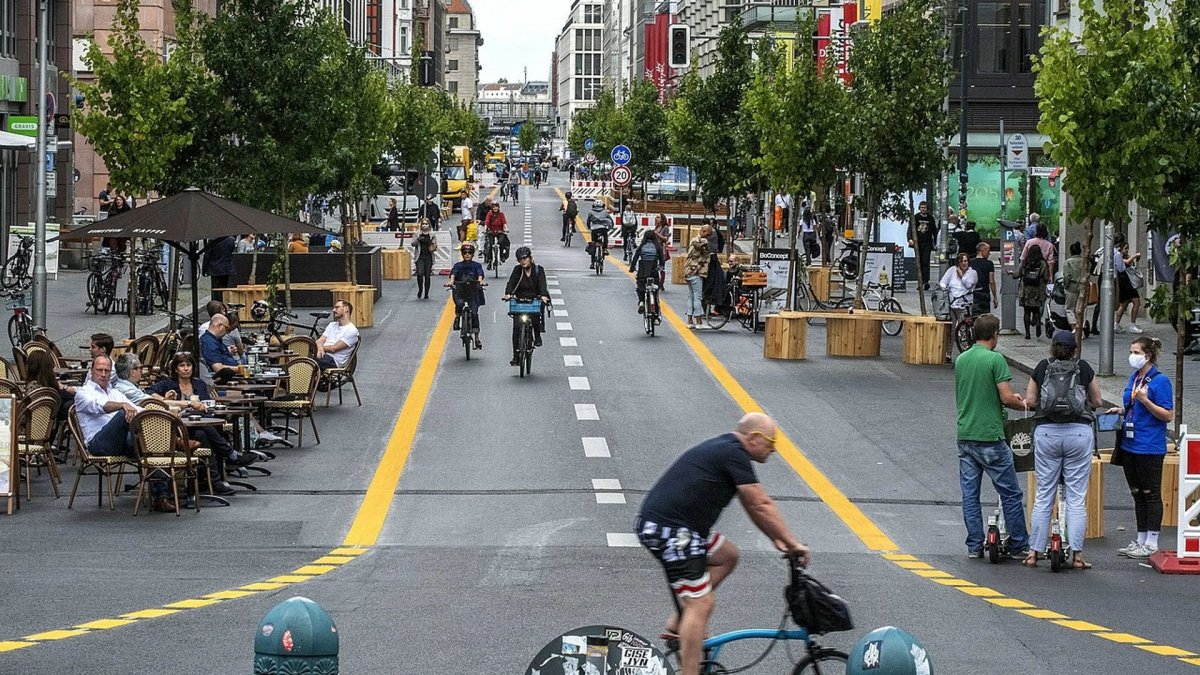Traffic Fines Rise As Senator Daletto Aims To Curb Speed Camera Extortion
In a move that has sparked heated debate, traffic fines are set to increase significantly as Senator Daletto aims to curb speed camera extortion. This new legislation, if passed, will result in substantial financial penalties for traffic violations.
Arguments for the Increase
Proponents of the traffic fine increase argue that higher penalties are necessary to deter reckless driving and improve road safety. They cite statistics showing a correlation between increased fines and reduced traffic accidents and fatalities. Senator Daletto himself has stated that “the current fines are simply not a sufficient deterrent, and we need to send a clear message that speeding will not be tolerated.”
Furthermore, supporters of the legislation argue that the revenue generated from the increased fines will be invested back into road infrastructure and traffic enforcement, ultimately benefiting drivers and improving overall road conditions.
Claims of Extortion
Opponents of the fine increase have strongly criticized the legislation, labeling it as “speed camera extortion.” They argue that the primary purpose of the new fines is not to improve road safety but rather to generate revenue for the government. They point to the fact that many speed cameras are placed in areas where they are more likely to catch drivers than to prevent accidents, such as on straight roads with good visibility.
Critics also claim that the fines are disproportionately high, especially for low-income earners. They argue that the financial burden of these increased fines will unfairly impact those who can least afford it, while doing little to deter wealthy drivers who can easily pay the fines.
Evidence and Perspectives
Studies on the relationship between traffic fines and road safety have yielded mixed results. Some studies suggest that higher fines can effectively reduce traffic violations, while others find little evidence of a significant impact. It is important to note that the effectiveness of traffic fines may depend on various factors, such as the specific traffic laws, enforcement practices, and overall driving culture.
There is also a lack of consensus on whether speed cameras are an effective means of reducing accidents. Some research suggests that speed cameras can lead to a reduction in speeding and accidents, particularly in areas with high traffic volumes. However, other studies have found that speed cameras may have limited effects on reducing overall traffic fatalities.
Impact on Low-Income Earners
It is crucial to consider the potential impact of the proposed traffic fine increase on low-income earners. Research has shown that low-income households are more likely to receive traffic citations and experience financial hardship as a result. Increased fines would further exacerbate this disparity, potentially creating a cycle of poverty and driving while suspended or without a license.
Conclusion
The debate over the proposed increase in traffic fines is a complex one, with valid arguments on both sides. While the desire to improve road safety is understandable, it is essential to ensure that the proposed measures are effective, equitable, and do not disproportionately burden vulnerable populations. The government should carefully consider the evidence and the potential impacts of the legislation before making a final decision.
Ultimately, the goal of any traffic enforcement policy should be to reduce accidents, save lives, and ensure fairness for all road users. It is crucial to find a balance between deterrence, revenue generation, and the protection of low-income earners and vulnerable populations.

